Since the publication of the joint position paper on blood donation in April 2020 with the co-initiator METRO AG and 15 other signatories, PROUT AT WORK has been publicly campaigning for a change in the hemotherapy guideline. Companies bear social responsibility: In this context, many provide premises for blood donation and call on employees to donate blood. An amended guideline will enable companies to offer a non-discriminatory working environment and at the same time fulfill their social responsibility.
On March 24, the Health Committee held a hearing on the topic of blood donation, at which PROUT AT WORK-board member Albert Kehrer was invited as an expert, among others. In the Live Talk he reported on his experiences and Nikita Baranov, Executive Assistant to CHRO at METRO AG picked you up with his impulse lecture on the topic of blood donation. He explained why it is important to advocate for policy change right now and how companies can contribute. Unfortunately, the video is only available in German.
Go directly to the hearing “Expertenstreit über die Zulassung zur Blutspende” here:
Regularily, our board member Albert Kehrer invites an inspiring role model of the LGBT*IQ community or an LGBT*IQ Ally for a chat. You can look forward to an interesting exchange about role models and visibility in the LGBT*IQ community.
Guest Of the day
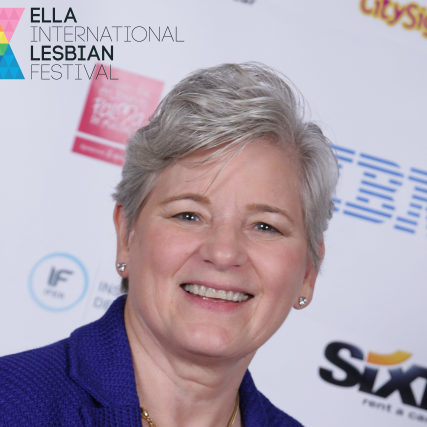
© Claudia Brind-Woody
Claudia Brind-Woody
Managing Director, Walgreens Boots Alliance at IBM
Global Co-Chair for the IBM LGBT+ Executive Taskforce
Part of INvolve’s Role Model Hall of Fame
Claudia Brind-Woody is currently the IBM Managing Director for the Walgreens Boots Alliance Integrated Account where she leads the IBM team in both Europe in North America. Prior to this role, she was the Vice President and Managing Director for IBM Global Intellectual Property Licensing where she delivered more than $3 Billion of profit to IBM through IP Partnerships. She also led the two large divestitures of IBM Software in 2019 – one was $1.77 Billion and the other was $545M. Claudia has been with IBM since 1996, and has held multiple global roles during her tenure including work in Finland and the United Kingdom.
Claudia is an accomplished speaker who has done keynote speeches on LGBT Diversity throughout the world. She has also contributed to the books: Out & Equal at Work: From Closet to Corner Office (2013) and The Glass Closet: Why Coming Out is Good for Business (2014). She is featured in the book Pride and Joy: LGBTQ Artists, Icons and Everyday Heroes (2017).
Claudia serves on the Advisory Boards of WorkPlace Pride in Amsterdam, and The GayStar News. She has also served on the Board of Directors of Out & Equal Workplace Advocates, and Lambda Legal.
In 2011, Claudia received the Out & Equal Trailblazer Award and was listed in GO Magazine’s “100 Women We Love.” In 2012 she was included in The Guardian’s WorldPride Power List Top 100. In 2013, she was listed as #6 on The Financial Times LGBT Role Models, in 2014 was #10 on their list, and in 2015 was #5. In 2015, she was also listed as #2 on the Telegraph Media Group’s Out at Work LGBT Top 50 Executives. Most recently, she was included in the Diva Power List and named to the Financial Times LGBT Role Models Hall of Fame for 2016.
Before joining IBM in 1996, Claudia worked for the Atlanta Committee for the Olympic Games, as an executive for CenturyLink, and as the Assistant Dean of the College & Graduate School of Business at the University of Texas at Austin. She also served as the Assistant Athletics Director at the University of Texas at Austin and the University of Tennessee. She was also an Assistant Basketball Coach under Pat Summitt at the University of Tennessee.
Claudia holds a J.D. degree, magna cum laude, from Georgia State University, an MBA from the University of Texas at Austin, and an M.S. from the University of Tennessee. She is a Phi Beta Kappa graduate of Mary Baldwin College where she earned her B. A. summa cum laude. She is admitted to practice law by the State Bar of Georgia.
Regularily, our board member Albert Kehrer invites an inspiring role model of the LGBT*IQ community or an LGBT*IQ Ally for a chat. You can look forward to an interesting exchange about role models and visibility in the LGBT*IQ community.
Guest Of The Day
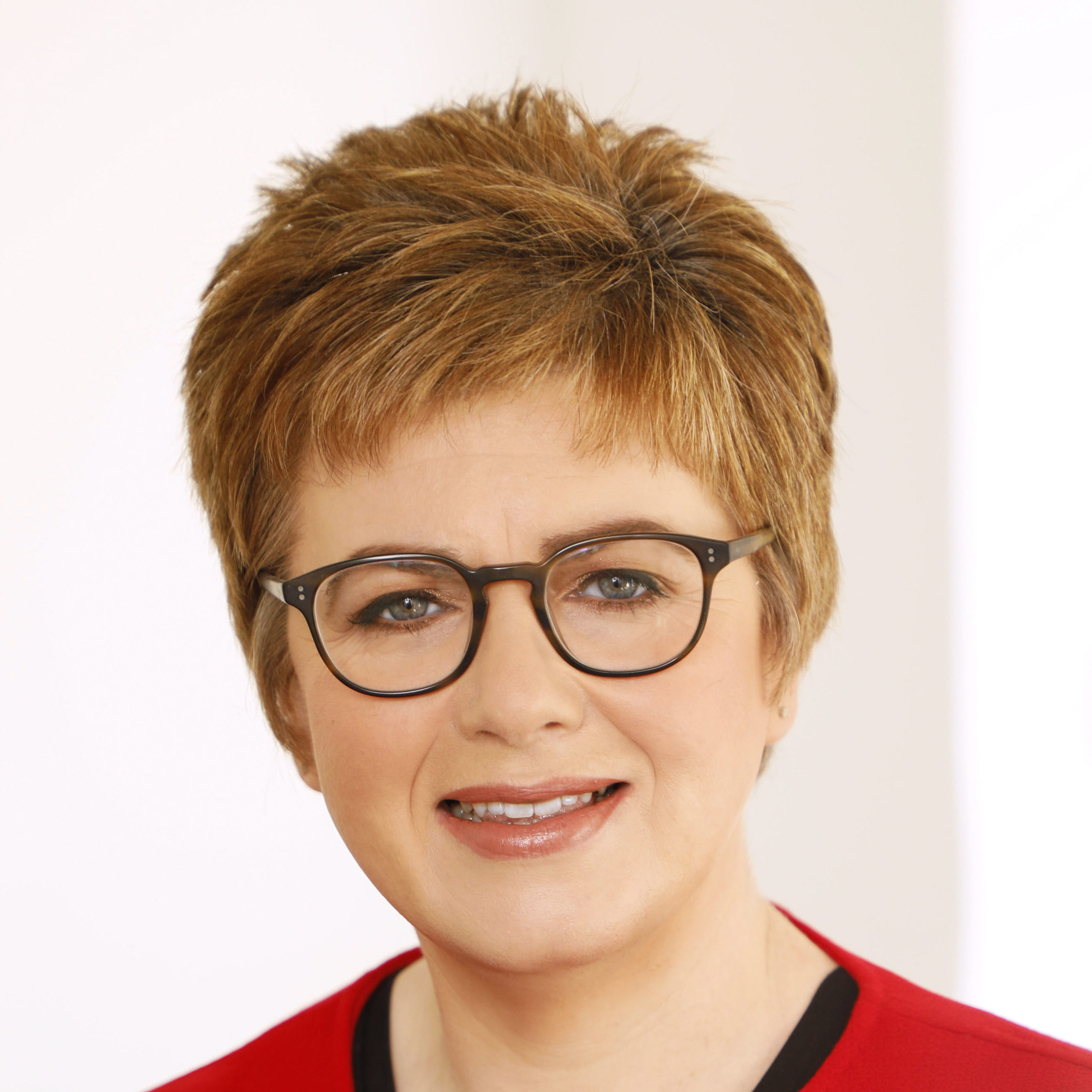
© Kieran Harnett
Margot Slattery
Global Chief Diversity & Inclusion Officer, Sodexo Group
As the Global Chief Diversity & Inclusion Officer for the Sodexo Group, a world leader in integrated facilities services, Margot has responsibility for the strategic direction, implementation and alignment of its integrated global diversity and inclusion initiatives.
Limerick-born Margot joined Sodexo Ireland in the early 1990s and prior to her current role, was country president of Sodexo Ireland from 2015-2019. For her work in championing successful inclusive leadership in Ireland, Margot was regularly listed on the Financial Times’ Top 100 LGBT Business Leaders and was made a Chevalier de l’Ordre National du Mérite by the French Ambassador to Ireland. She has also been the recipient of many other business and professional awards in Ireland and abroad.
Sodexo delivers services that improve the quality of life to clients in business and industry, education, financial, pharma and healthcare. These include food services, infrastructure build, facilities and estate management, optimising the workplace experience, wellness experiences, personal and homecare services.
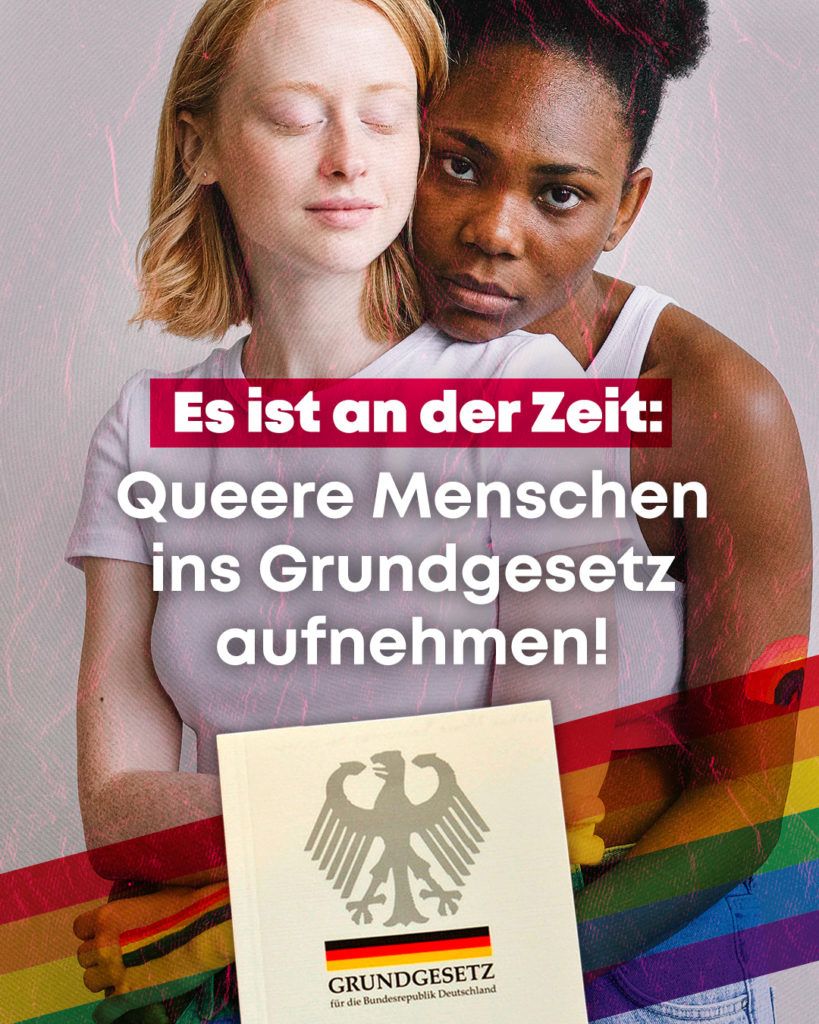
LGBT*IQ people are still not protected by Article 3 in the German Constitution. Many people from the LGBT*IQ community experience discrimination, exclusion and hate violence. We feel that a protection by the Constitution is indispensable and thus PROUT AT WORK is one of the first signatories of the appeal “A Basic Law for All”.
Federal government and Bundestag are currently negotiating the deletion of the term “race” in Article 3 of the Constitution. Let’s join together to send a strong message to politicians that sexual orientation and gender identity must be added to the article as well.
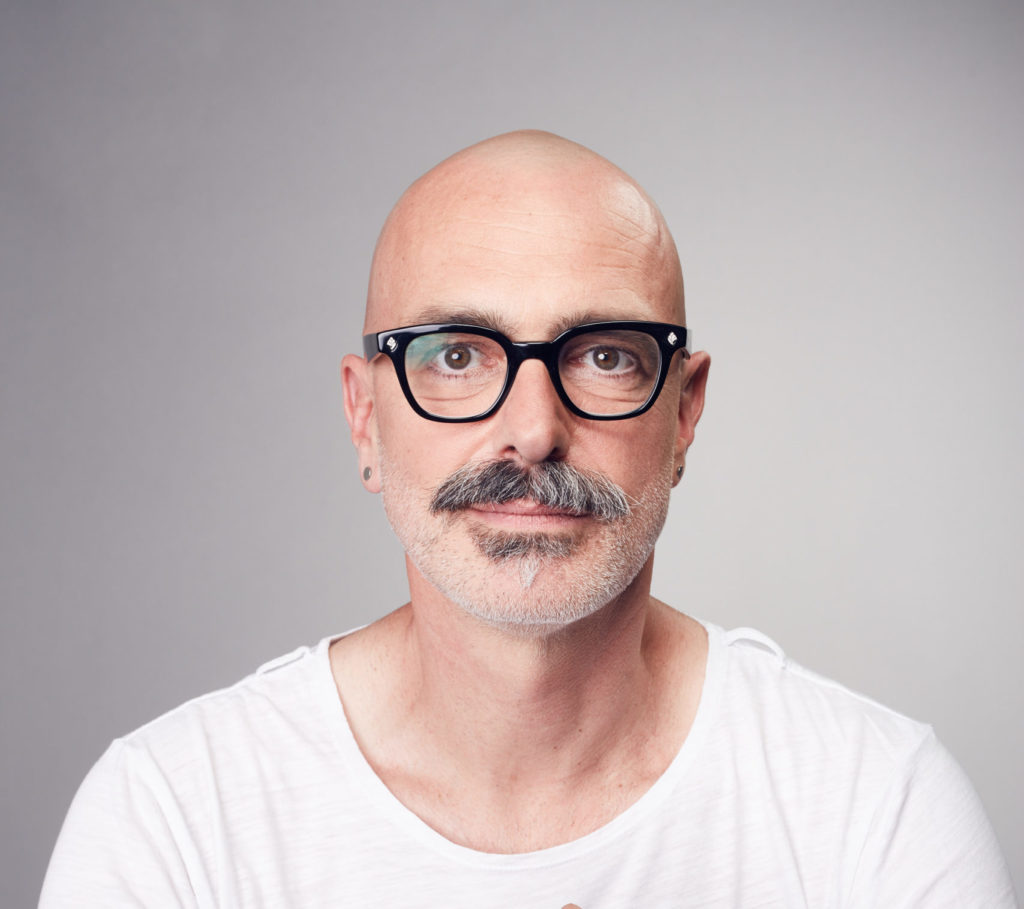
Our board member Albert Kehrer talked with Tagesgespräch host Christine Krueger about the question “Why is Coming Out still difficult”. The conversation can now be listened to online.
Once a month our board member Albert Kehrer invites an inspiring role model of the LGBT*IQ community or an LGBT*IQ Ally for a chat. You can look forward to an interesting exchange about role models and visibility in the LGBT*IQ community.
GUEST OF THE DAY
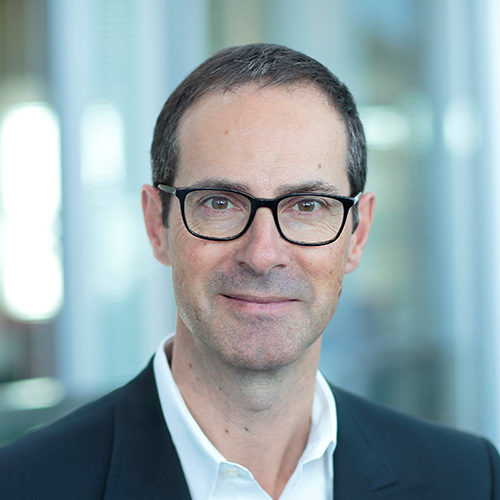
© Vaughan Price
Vaughan Price
Partner at PwC
Founder and partner sponsor for Shine, the PwC LGBT+ network and member of the global PwC LGBT+ Partner Board
Ranked 7th on the TOP 100 OUT EXECUTIVES list 2020
After completing his mathematics degree, Vaughan started his career with PwC in London in 1985. After 6 years he moved to Munich as an FCA where he joined the PwC Germany partnership in 1998. He is an Assurance Inbound Leader at PwC Germany as well as Leader of the UK-German Business Network.
He is a founder and partner sponsor of the LGBT+ Network, as well as a member of the PwC Global LGBT+ Board and the regional committee of the British Chamber of Commerce in Germany. As part of a global mentoring programme, Vaughan mentors a young gay future leader based in Africa, supporting him through regular face-to-face and virtual meetings to help him develop at this critical stage in his career.
He speaks at numerous events and participates in panel discussions at companies as well as LGBT+ organisations, thereby promoting the visibility of LGBT+ issues in the workplace and establishing LGBT+ inclusivity as an inherent part of corporate culture.
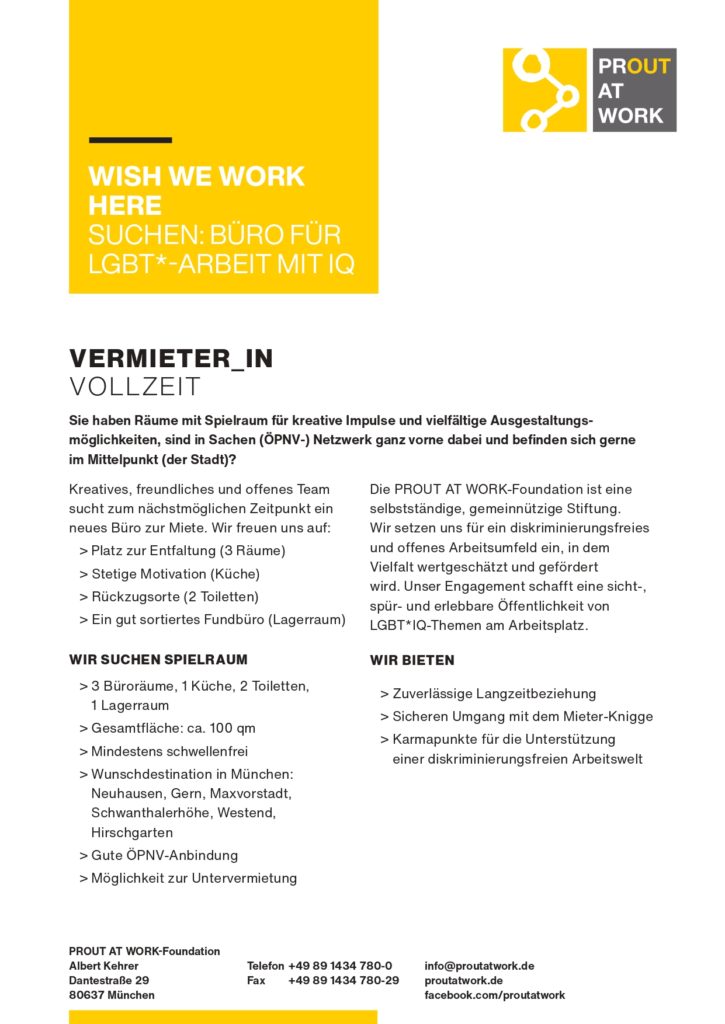
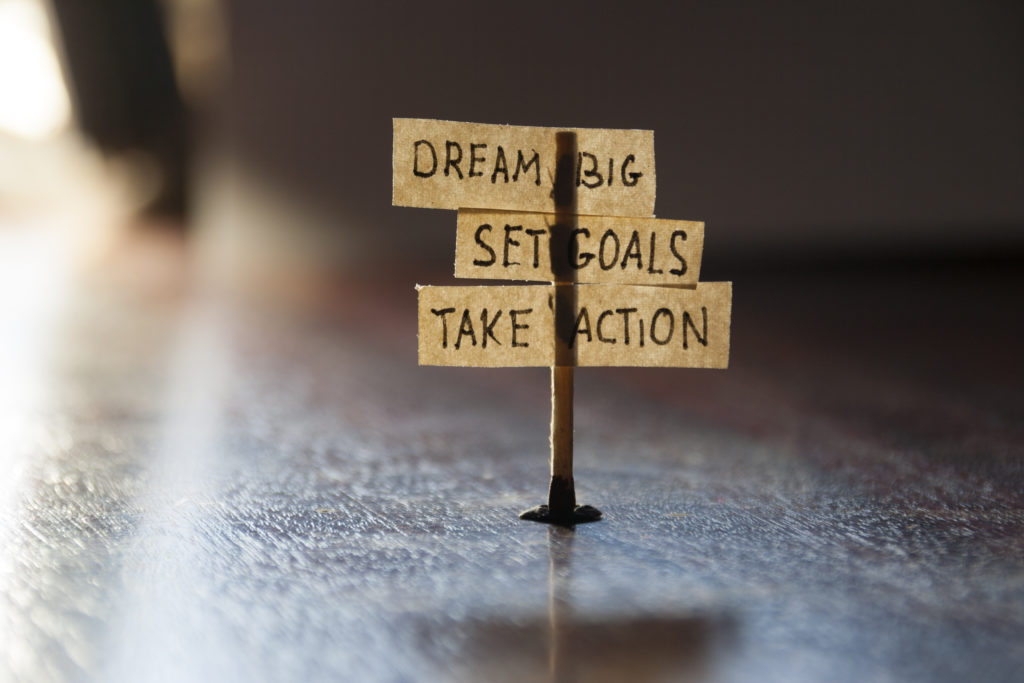
Who is your LGBT*IQ Role Model? Nominations via our new website are open now! Find out more additional info about our new project.
Once a month our board member Albert Kehrer invites an inspiring role model of the LGBT*IQ community or an LGBT*IQ Ally for a chat. You can look forward to an interesting exchange about role models and visibility in the LGBT*IQ community.
Guest of the day
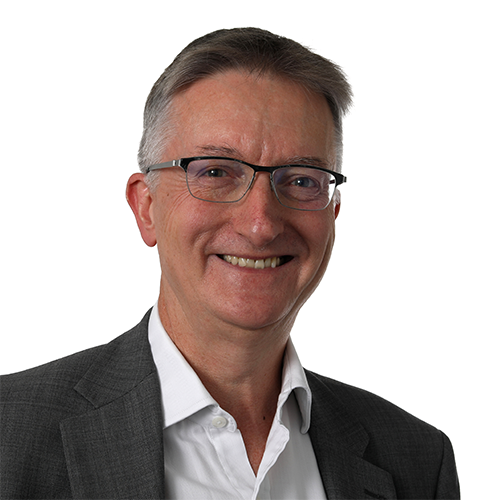
Nick Mott
Senior Adviser at Dentons; Chair Dentons Global LGBT+ network
100 OUTstanding LGBT+ Executives Role Model Lists 2018 and 2019
Nick has been at global law firm Dentons for many years, most recently as Assistant General Counsel (Partner). Between 2014 to 2019 he was also Diversity and Inclusion Partner in the UK during which he significantly raised the visibility and importance of Inclusion and Diversity within the Firm. He co-founded Dentons UK LGBT, Black Professionals and Asian Professionals (Fusion) networks, and was an early promoter of the concept of intersectionality . He also set up, and continues to chair, Dentons Global LGBT+ network which connects Dentons LGBT+ staff and their allies across its many regions, and raises awareness in a variety of ways, including an annual Dentons Global Pride Day. A passionate supporter of trans* colleagues, Nick instituted Dentons’ UK transitioning policies and related training, and has promoted greater staff awareness of trans* issues. During Nick’s tenure as D&I partner, Dentons UK was listed as a Stonewall Top 100 Employer for 4 years running. Dentons is also recognised as a Stonewall Top Global Employer 2020.
Externally Nick supports a number of LGBT+ charities including Diversity Role Models (which supports schools and pupils with LGBT+ awareness and bullying prevention) and is a volunteer with Opening Doors London as part of their tele-friending service for older LGBT+ people.
Nick retired from the partnership in 2020 and is now a senior global adviser to Dentons, advising on LGBT+ issues and awareness. He was proud to be named in the 100 OUTstanding LGBT+ Executives Role Model in 2018 and 2019.
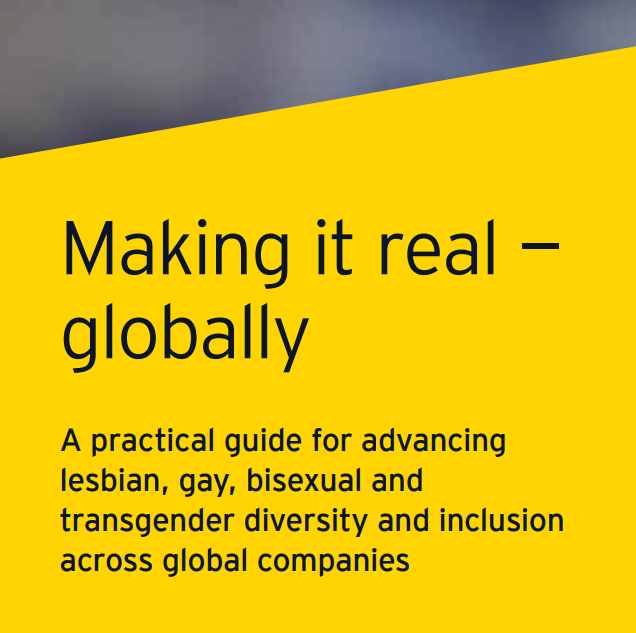
Recommended reading: PROUT EYMPLOYER EY published an update to the ‘Making it real’ guide first published in 2016 – including an overview of the drivers of diversity & inclusion engagement in global companies, and recommended actions for practical LGBT*IQ equal opportunities in the workplace.
As part of this publication, EY also published a paper on the situation of the LGBT*IQ community in the context of COVID-19, addressing how the events of 2020 will impact diversity & inclusion concepts and plans.
